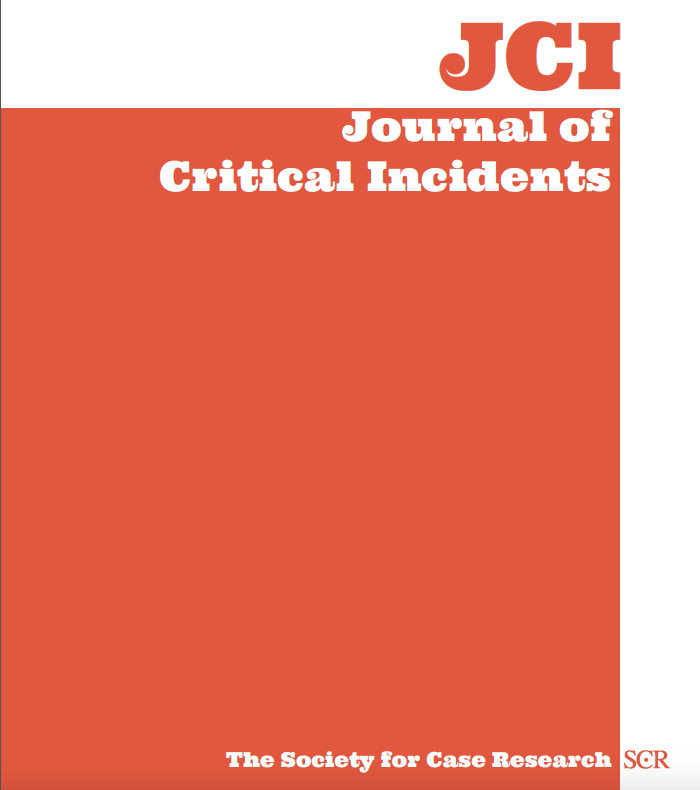Was “Gluten-free” a Recipe for Theft?

Elisabeth Hasselbeck, a popular television host of the day-time talk-show The View, announced to her audience that she was struggling with celiac disease. A follower, Susan Hassett, responded in empathy by providing Ms. Hasselbeck with a copy of her recently copyrighted book, Living With Celiac Disease (2009). Subsequently, Ms. Hasselbeck published two glutenfree cookbooks of her own: The G Free Diet, (2009) and Deliciously G-Free (2012). After each of Ms. Hasselbeck’s publications, Ms. Hassett filed lawsuits asserting Ms. Hasselbeck infringed upon copyright protections and used her (Hassett’s) “framework structure”, “recipes”, “information”, and “compilation of research” to achieve an economic (competitive) advantage. Did Ms. Hasselbeck steal Ms. Hassett’s recipes and use them for her own gain? Were Ms. Hasselbeck’s simple changes to Ms. Hassett’s recipes enough to skirt copyright and trade secret legislation? You be the judge . . . how should the courts have ruled in this gluten-free recipe war?
- Understand the legal definitions of copyright and trade secret
- Apply the definitions of copyright and trade secret in Hassett v. Hasselbeck to analyze the similarities and dissimilarities in each author’s work
- Evaluate the court’s decision in favor of Ms. Hasselbeck, asserting infringement of copyright and trade secrets did not occur in Hassett v. Hasselbeck
